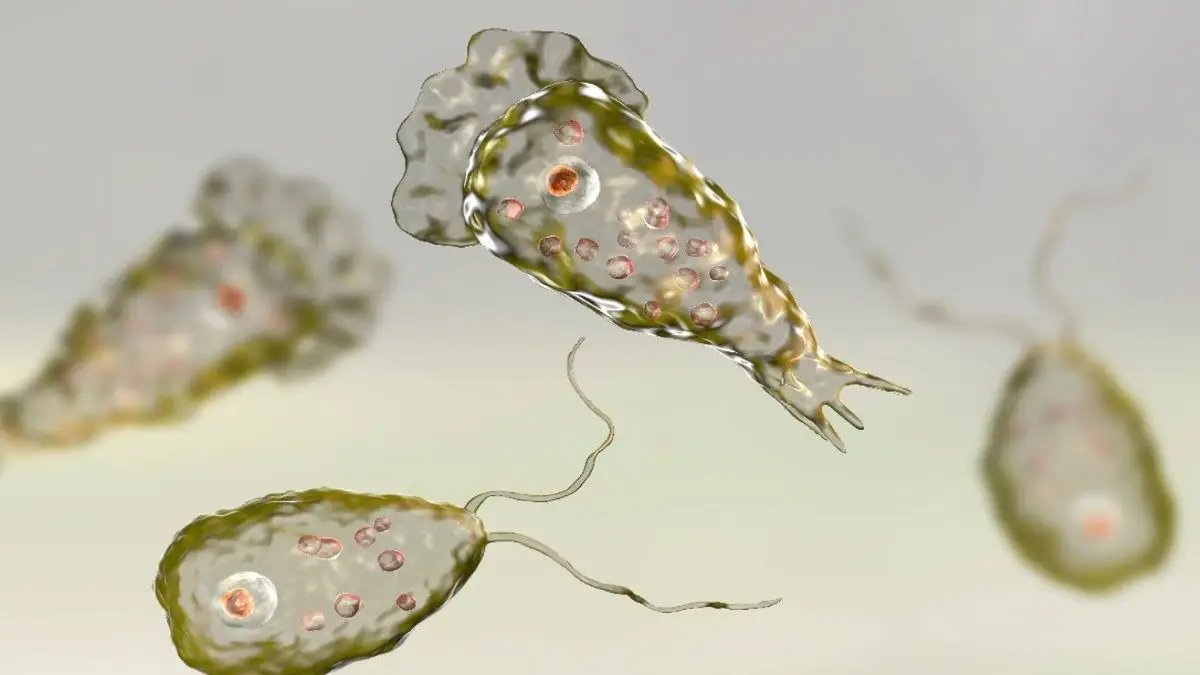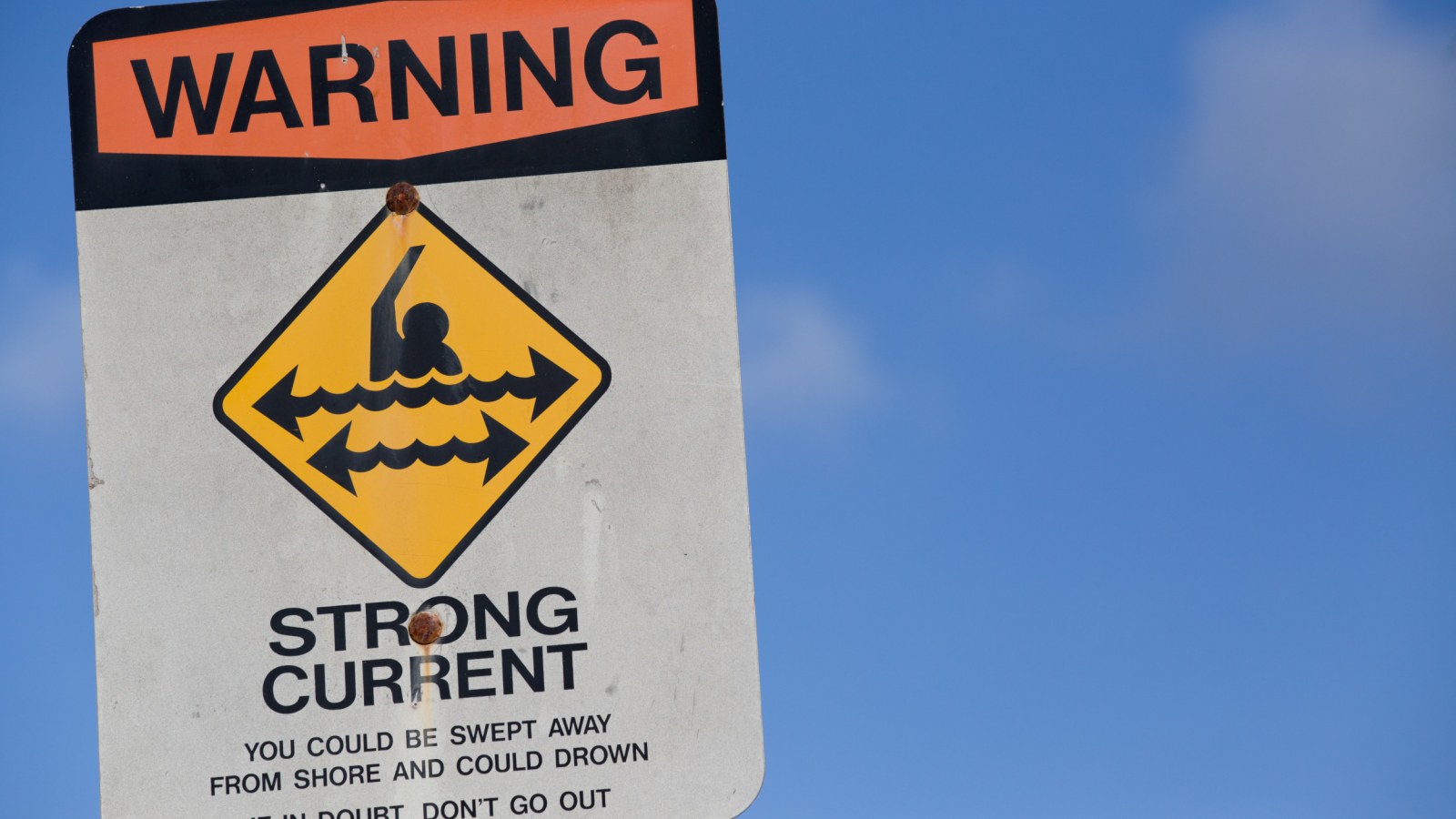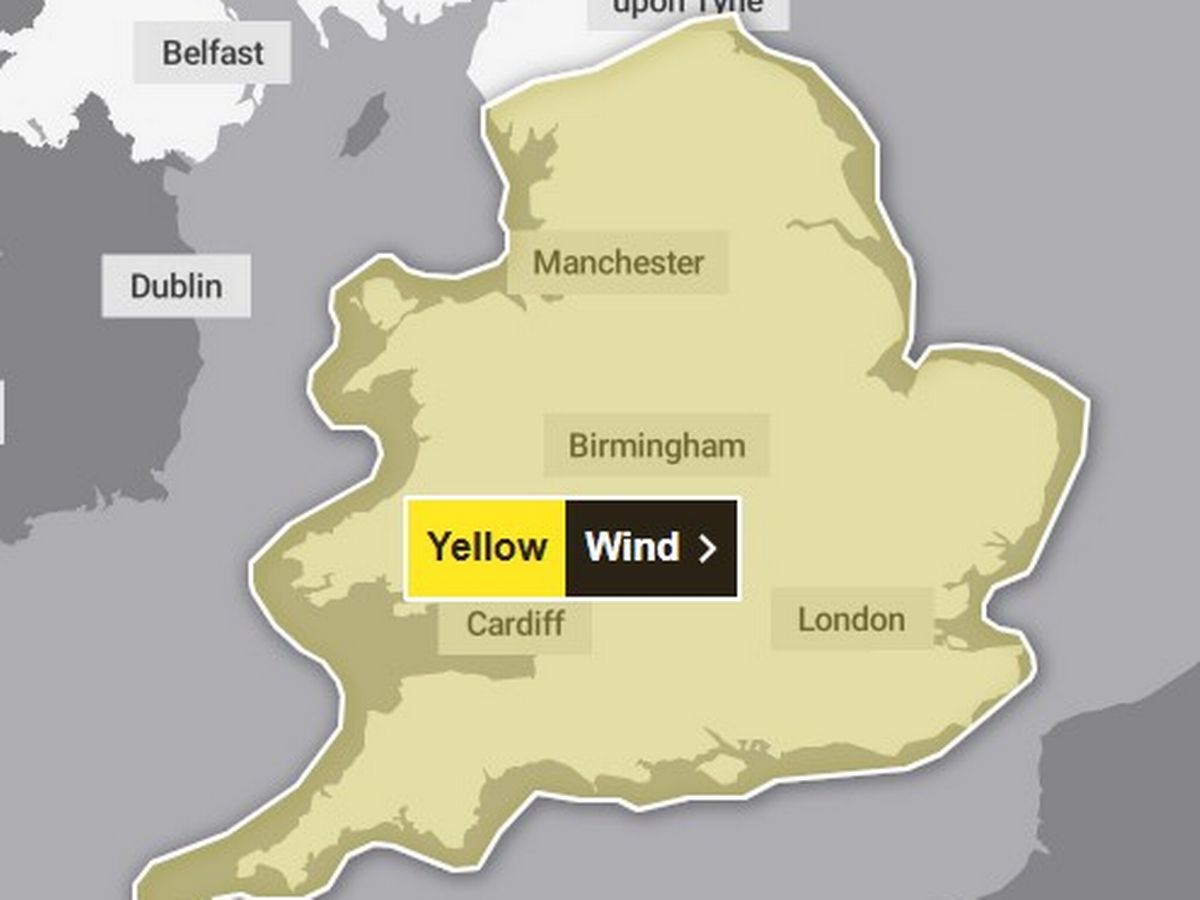By Vanshika Punera
Copyright republicworld

Kerala is witnessing a rise in cases of “brain-eating” amoeba Naegleria fowleri, known as Primary Amoebic Meningoencephalitis (PAM). Health authorities have issued alerts after 69 confirmed cases and 19 deaths were reported in the state this year alone.The amoeba thrives in warm, stagnant freshwater such as lakes, ponds, and poorly maintained pools. Infection occurs when contaminated water enters the body through the nose, allowing the parasite to travel to the brain. Once there, it destroys brain tissue and causes severe swelling, leading to a high fatality rate.Early symptoms, which begin about 1 to 9 days after exposure, are often severe and sudden. They include:As the infection progresses, symptoms can worsen to include:The Kerala health department, in coordination with the National Centre for Disease Control, is conducting environmental sampling to identify contaminated sites. Public awareness campaigns are also underway in schools, communities, and through various media platforms to promote safe water practices.Kerala reported its first PAM case in 2016. Between then and 2023, only eight confirmed cases were documented. But last year alone, the numbers spiked sharply with 36 cases and nine deaths. The trend has worsened in 2025, with 69 cases and 19 deaths already recorded, nearly double the previous year. Although PAM is uncommon, its mortality rate makes it extremely dangerous. Experts stress that prevention and early awareness remain the best defence. Avoiding risky water exposure and recognising early symptoms can prove life-saving.



